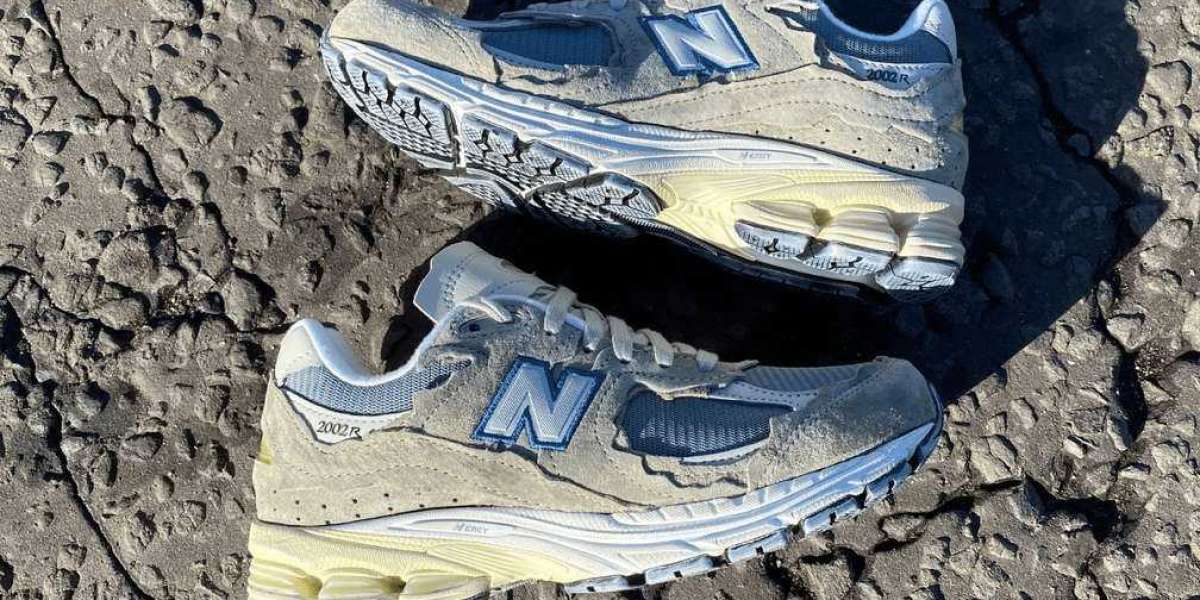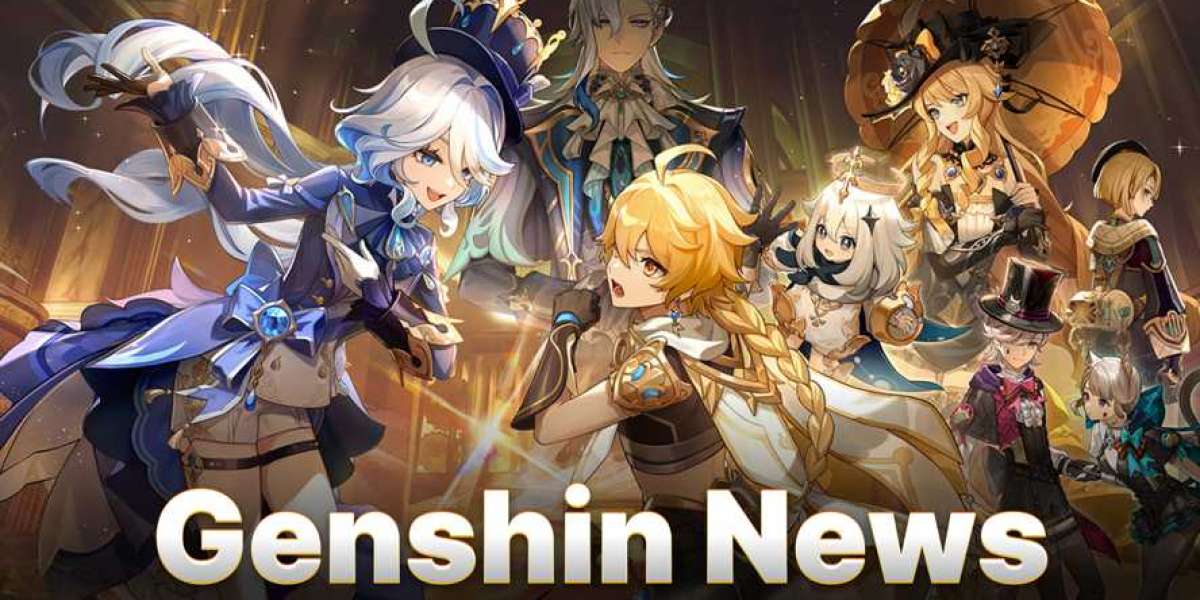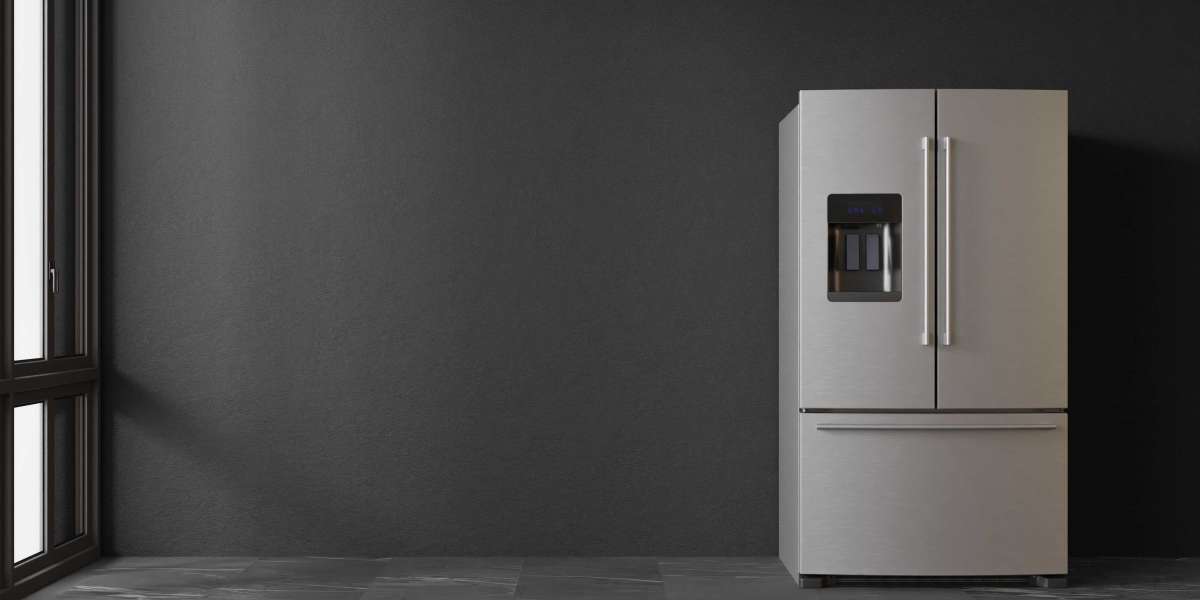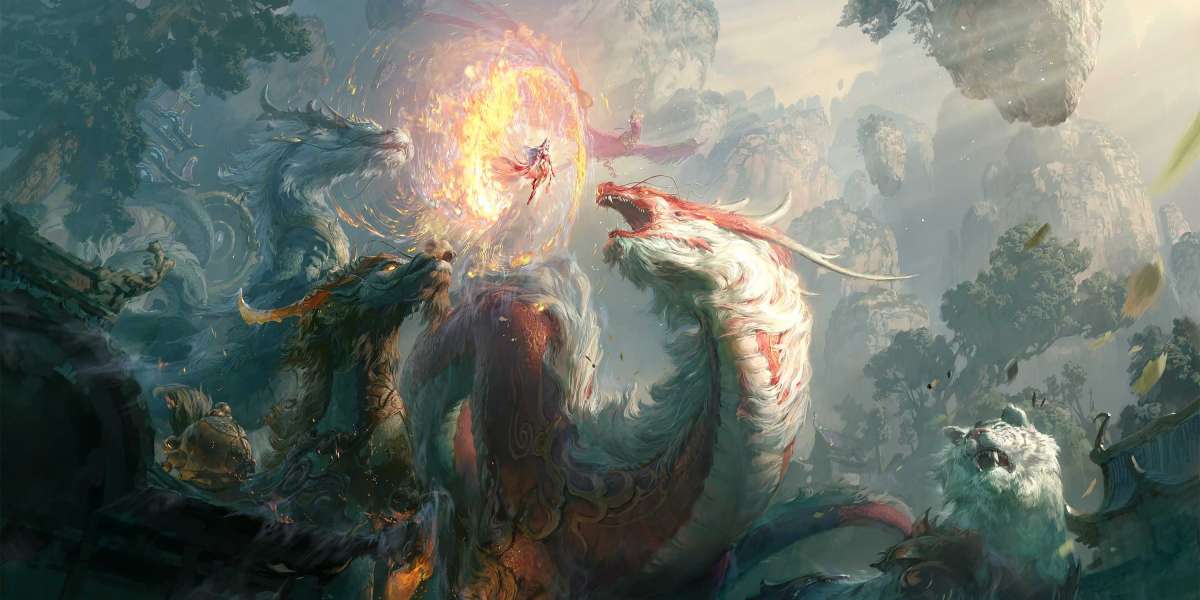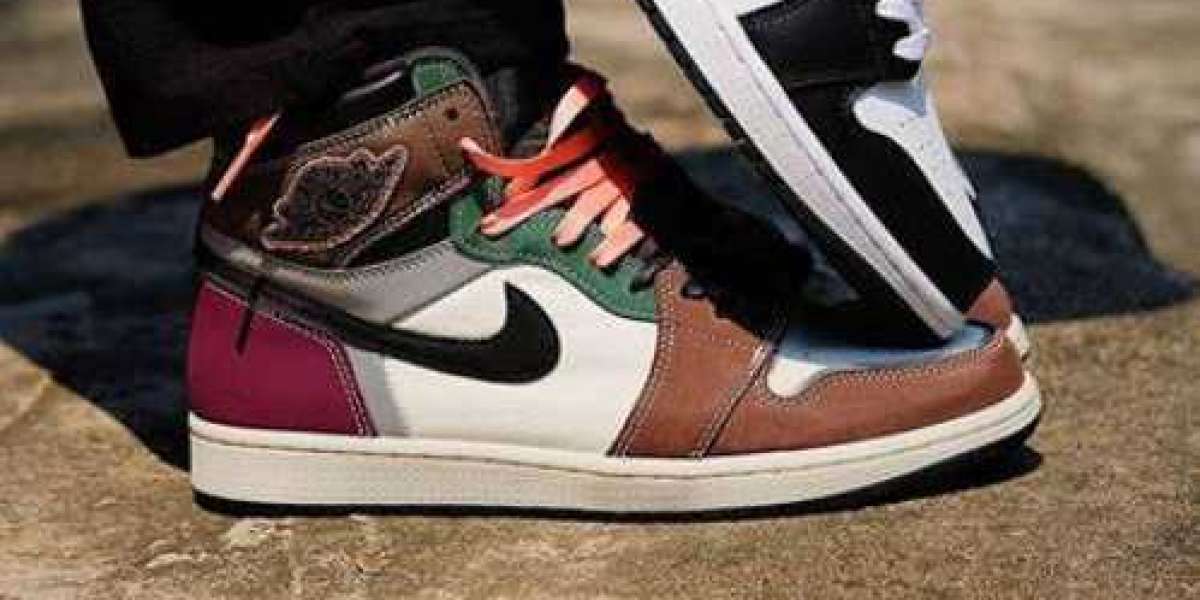Introduction:
The year 1968 was a turbulent time in American history, marked by heated sociopolitical issues and a deeply divided nation. One of the most pivotal events during this period was the 1968 Democratic National Convention held in Chicago, Illinois. Though intended to unite the Democratic Party and select a nominee for the upcoming presidential election, the convention soon turned into a battleground between anti-war protestors, advocates of civil rights, and law enforcement. The clash between these groups would forever be etched into the collective memory as a defining moment of the era.
Detailed Description:
In August 1968, thousands of delegates, politicians, journalists, and activists descended upon Chicago to attend the Democratic National Convention, held at the International Amphitheatre. The convention was intended to unify a party marred by internal divisions, most notably over the Vietnam War, civil rights, and social unrest that dominated the political landscape.
However, what started as a peaceful demonstration against the war rapidly escalated into a violent confrontation between protesters, police, and the National Guard. Thousands of anti-war protestors, including members of the Youth International Party, Students for a Democratic Society, and the Black Panther Party, flocked to Chicago to voice their dissent against the Democratic Party's apparent support for the war effort. Their objective was to pressure the party to adopt a more anti-war position and to challenge the establishment.
As the convention progressed, tensions outside the Amphitheatre reached a boiling point. An eerie sense of unease rippled through the demonstrators as they clashed with police officers, who were under orders to maintain control and prevent the demonstrators from infiltrating the convention. Demonstrations turned violent, and reports of police brutality began to emerge, quickly overshadowing the convention's official proceedings.
Images of police officers using excessive force, tear gas filling the streets, and protestors being beaten were broadcasted on television screens across the nation, shocking and angering the public. The chaos and violence outside the convention hall became synonymous with the event itself, taking the spotlight away from the political speeches and reform proposals happening inside.
The clashes culminated in a widely publicized and infamous incident soon to be known as the Battle of Michigan Avenue. On the night of August 28, police and protestors clashed on the streets surrounding the convention, resulting in countless injuries and several high-profile arrests. The chaotic scenes played out on television screens across America, leaving a lasting impact on public opinion.
nike air huarache basketball fab fivIn the aftermath of the convention, the violence and the Democratic Party's inability to quell it created a deep public mistrust in the political establishment. The event further polarized an already divided nation, with anti-war sentiment growing even stronger amongst the American public.
Conclusion:
nike dunk panda toddlerThe 1968 Democratic National Convention in Chicago was a defining event of the era, showcasing the deep divisions within the country and the challenges faced by a nation grappling with social and political change. The violent clashes between protestors and law enforcement left an indelible mark on the collective memory of America, reminding us of the fragility of democracy, the power of dissent, and the importance of peaceful dialogue in the pursuit of progress.
nike blazer poets